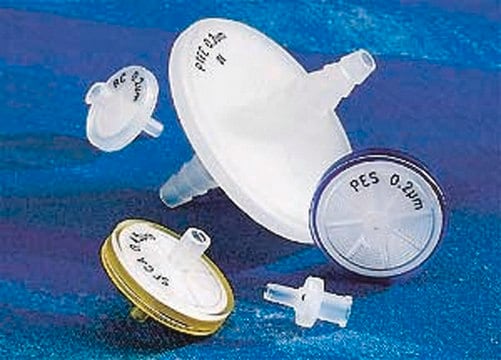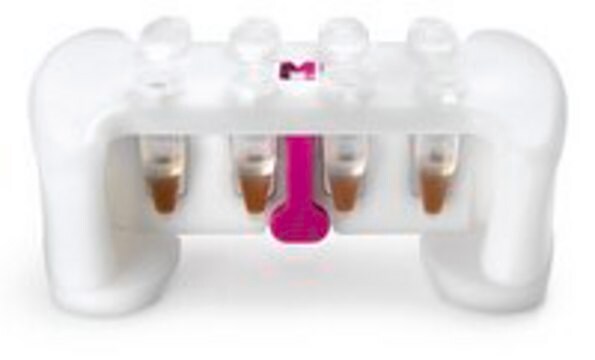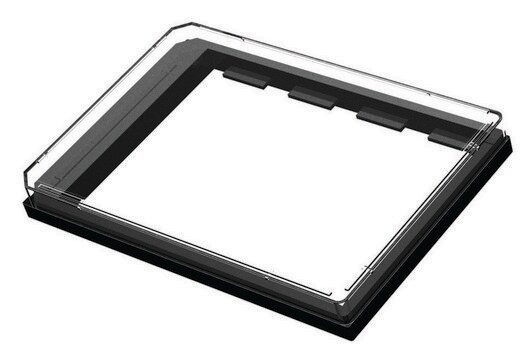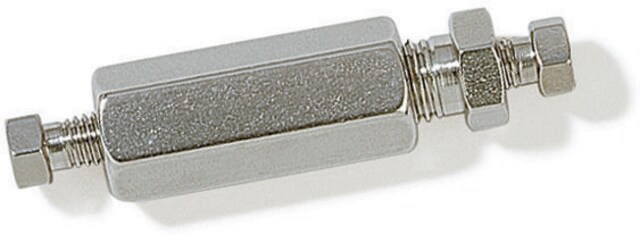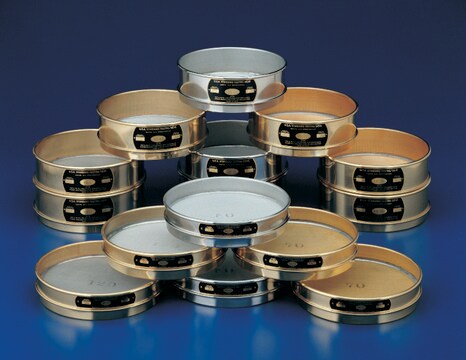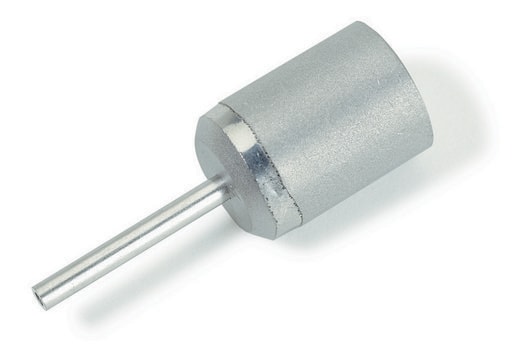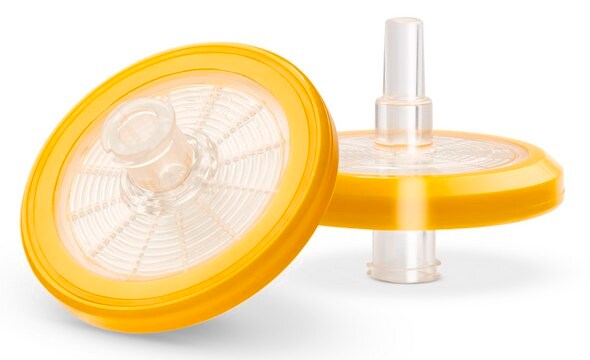WHAAV125UAQU
Whatman® Autovial™ syringeless filters
autovial 12 syringeless filter, glass prefilter, PVDF, 0.45 μm, 50/pk
Synonym(s):
Z270768, filtration units
About This Item
Recommended Products
material
PVDF membrane
polypropylene housing
sterility
non-sterile
feature
autoclavable (121°C for 20 minutes)
cap: no
disposable
graduations
packaging
pack of 50
manufacturer/tradename
Whatman AV125UAQU
Whatman Article No. 28421442 (US reference)
capacity
12 mL
filter area
3.0 cm2
pore size
0.45 μm
fitting
male outlet (Slip-tip)
Looking for similar products? Visit Product Comparison Guide
General description
Autovial syringeless filters are preassembled filtration devices for removing particulates from samples. They replace syringe-coupled filtration devices with single, disposable units.
Autovial devices are comprised of two parts: a graduated filter barrel and a plunger. The proven design features an integral filter, built-in air purge and a support stand that protects the recessed slip-luer tip. They are available in a 5 mL and 12 mL volume capacity.
The Autovial filter is selected according to membrane compatibility with the sample. In practice, the sample is poured into the 5 mL or 12 mL capacity filter barrel. The plunger is inserted into the barrel until the bottom is securely in place; there is a gap of air between the sample and plunger. Then, the tip of the Autovial is placed into the mouth of an autosampler vial or container and the plunger compressed. Filtration begins immediately and, as the plunger is compressed until it reaches the bottom, the membrane is purged with air for maximum sample recovery. For direct instrument injection, a needle is placed on the Autovial slip-luer outlet.
Application
- Cellulose Acetate (CA): low nonspecific protein binding and high loading capacity membrane for biological solutions
- Glass microfiber (GMF): depth filter for samples in aqueous or organic solutions
- Nylon (NYL): for aqueous and organic samples within a pH range between of 3 to 10
- Polyethersulfone (PES): low non-specific protein binding membrane for samples in aqueous solutions
- Polypropylene (PP): Hydrophobic membrane. Resistant to a wide range of organic solvents
- Polytetrafluorethylene (PTFE): PTFE membrane for samples with > 50% organic solvent
- Polyvinylidene Fluoride (PVDF): low nonspecific protein binding membrane for samples in aqueous solutions and/or organic solvents
Features and Benefits
- Single unit convenience saves time. No assembly required - easier to load
- Choice of filter media. Compatible with a wide range of sample types
- Ideal for hazardous samples. Self contained device eliminates risk of filter pop-off
- Built-in air purge maximizes sample recovery
- Sterile option available to maintain sample integrity
- Unique prefilter design for difficult-to-filter samples (no prefilter in Autovial 5 and in selected Autovial 12)
- Choice of glass fiber or polypropylene prefilters
Other Notes
Legal Information
Choose from one of the most recent versions:
Certificates of Analysis (COA)
It looks like we've run into a problem, but you can still download Certificates of Analysis from our Documents section.
If you need assistance, please contact Customer Support.
Already Own This Product?
Find documentation for the products that you have recently purchased in the Document Library.
Our team of scientists has experience in all areas of research including Life Science, Material Science, Chemical Synthesis, Chromatography, Analytical and many others.
Contact Technical Service